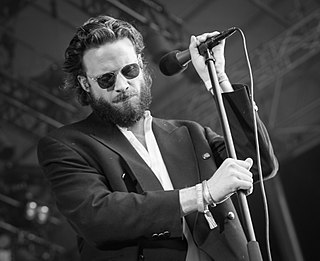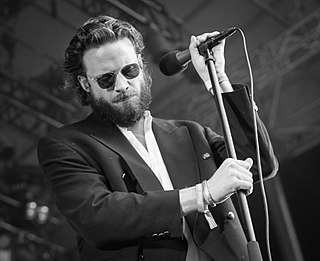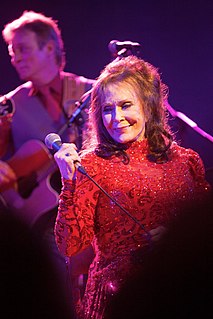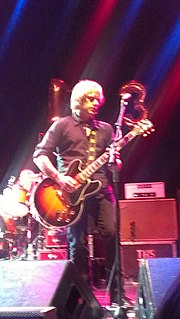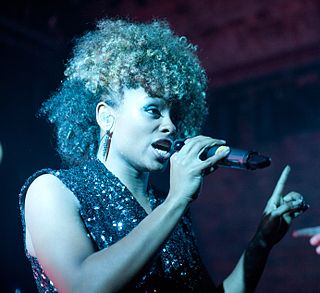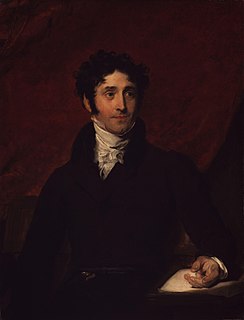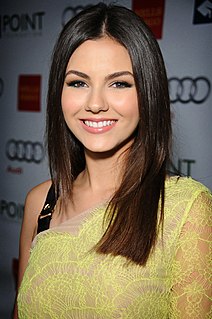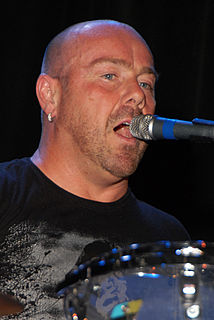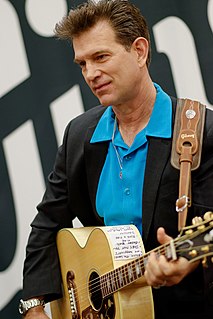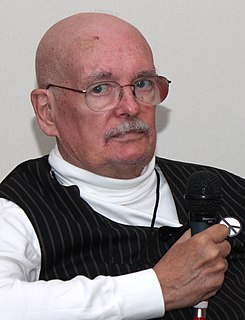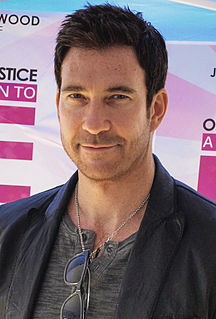A Quote by J Tillman
You know, there's an economy in lyric-writing that doesn't afford you, or at least me - I usually start off with nine or 10 verses and then boil it down to two or three that are half the length of the original verses. I think for me it's about what you leave out [rather] than what you put in. I'm not sure that the songs help me figure anything out so much as they're a distillation of the original question.
Related Quotes
In the early days, Porter Wagoner would not exactly scold me, but he's say, 'You're writing too many damn verses. You're makin' these songs too damn long.' And I'd say, 'Yeah, but I'm tellin' a story. I have a story to tell.' And he'd say, 'Well, you're not going to get it on the radio.' If I start writing a song, I'm writing it for a reason. People would say that I had to have two verses, and a chorus, and a bridge. I tried to learn that formula.
We don't think about how the songs are going to translate so much during the writing process. Once the song is recorded, and once we're mixing, that's when it occurs to me. Then you start rehearsing to play shows. I never concern myself about how we're going to pull it off live, because I know we'll figure out a way to do it.
Even writing verses from my first album, there were songs that I didn't use because I just felt that they weren't really for me. But I think that happens naturally when you write songs. You're in a different mood in every session. There's so many songs out there that could potentially be used by other artists.
Writing about real stuff that really concerned me brought out my craft. If you're writing a story about, 'Is Lois Lane gonna figure out that Superman is Clark Kent?' - it's really hard to get involved in that on anything other than a craft level. And I'm not gonna put down craftsmanship; it is a noble enough thing to have made a table that you can pound on and it doesn't fall down. But occasionally, we might have an assignment that engages some other parts of ourselves, and those tend to be the good stories.
